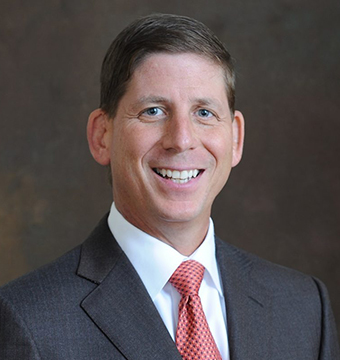We recently ran a post “Stymied by our own Policies” which details RC 15-10 which will come to a vote in the APTA’s HOD in June. I am now referring to this as the Policy of Hypocrisy. You know the drill-all kinds of opposition to PT’s practicing within their scope of practice and the model practice act by vocalizing all kinds of emotional arguments, accusing private practices of only using techs for financial gain, and doing anything but understanding the merits of PT’s acting autonomously and allowing delegation under their supervision. These same PT’s will then go back to their states and use support staff which they are allowed to do by virtue of their practice acts. The “don’t do as I do but do as I want you to believe in what I say I do” movement will continue.
To some though, the more troubling RC 1-10 is the motion to allow PTA’s full membership and changing their current voting and allow for a full vote at the component and national level. By way of background, in 1998, the voting of .5 for PTA’s changed to the creation of their own National Assembly and serious numbers of PTA’s dropped membership. In 2005, the creation of the PTA Caucus did prop membership numbers but never anywhere near their prior levels. The rational and support of this RC is troubling on many levels and this blog has never shied away from discussing PTA’s.
Perhaps I am in the minority here but I fully believe that PTA’s should have their own association completely unaffiliated with APTA as the assembly and caucus clearly did nothing to allow PTA’s to self govern. Undoubtedly, they have their own issues, policies, advocacy, and educational agendas. While there is indeed overlap with PT’s, there really is no reason to commingle them in the same association. The real proof of this though is in the membership of PTA’s within APTA. They are dropping out drastically when one considers that there are more PTA’s now and more PTA students than ever. Herein, lies the fundamental problem-interpretation. According to the statements on this position, there is a belief that the reason that membership is dropping is because they don’t get full participation through a full vote and participation. This is why this RC is also a policy in hypocrisy. While simultaneously accusing PT’s of using PT techs for financial gain, the support of PTA’s getting full membership is driven by financial desire to prop up dues paying membership within APTA. I would speculate that a simple survey of past PTA members would demonstrate that their .5 vote nor these caucus formations is not the reason for their drop. If as the additional rational suggests “fairness” is the issue then why don’t we either give PTA’s 2/7th’s of a vote (based on the time it takes to get the respective degrees) or give them 10 votes for several years as reparation for the years when they only got .5? Why can’t we just acknowledge that the number of issues affecting PT and PTA’s makes it impossible to have them both in one functioning organization?
Or, why don’t we serve PTA’s well and serve ourselves well at the same time by facilitating their own organization-completely apart from APTA where they can undoubtedly meet their own needs. When an organization tries to be all things to all possible stakeholders it typically foreshadows its decline. Passage of RC-10 will further demonstrate the complete disconnection between our national association and the very members that founded it-PT’s.
Membership in your professional organization affords you the ability to voice your opinion on association matters. The only way we collectively make a difference is by participation. If you are not a members of APTA, go here for membership.
Thoughts and opinions on items like this in a transparent way-while in general difficult for PT’s is imperative. Your thoughts are always invited-regardless of where they come down.
larry@physicaltherapist.com
